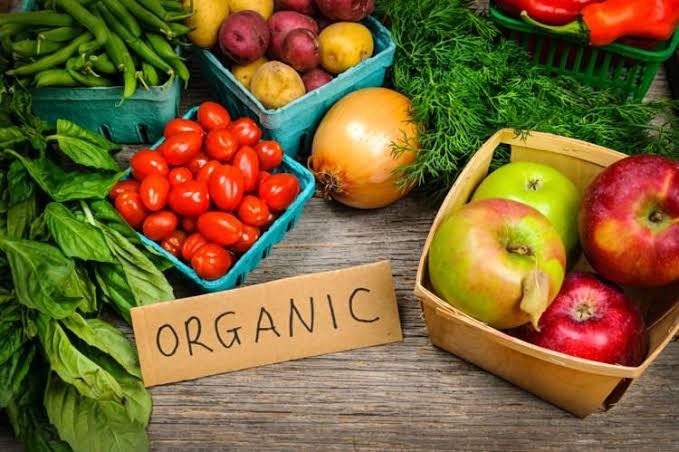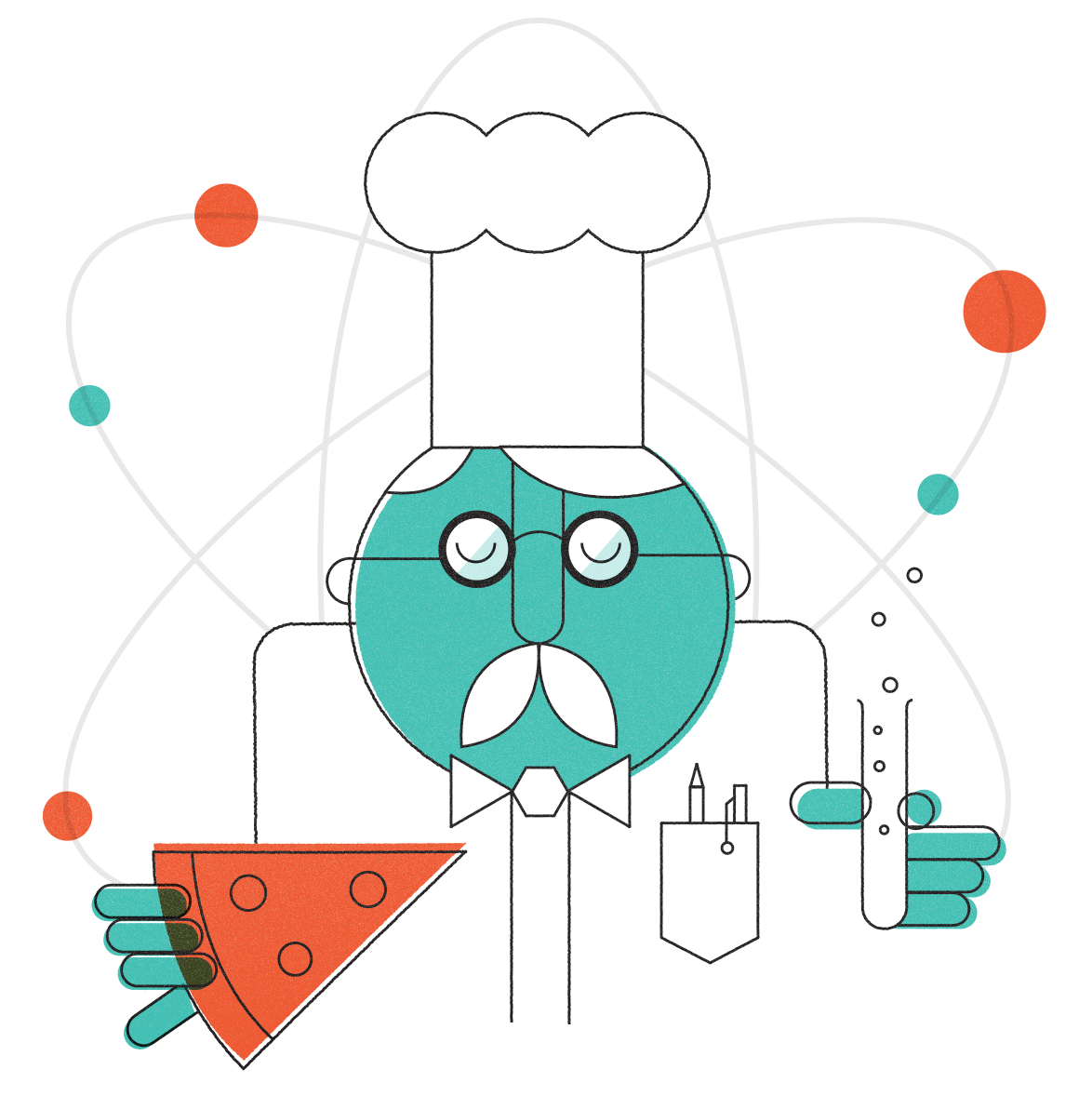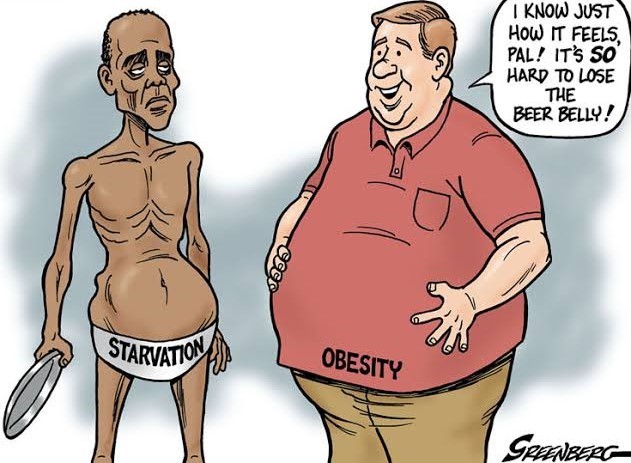WE HAVE FOOD ENOUGH!

No additives, natural, organic, homemade, traditional... Words that the food industry starts to use more and more every day. Because what we eat affects all our health and even our psychology, especially our hormones. Now we want to read more content and know what we eat.
But when we say additives and industrial food production, should we only understand foods that harm us and are not nutritionally high? Should we argue that food engineering is only beneficial for companies and not actually engineering or science?
You decide this for the rest of the article.

We have eggs, flour, butter, and sugar. Let's make a beautiful cake from these ingredients. You can feed five people and have a satisfying taste. But these five people increase day by day, and our materials are limited. What can we do? For example, we can reduce the egg, but the cake will not have the same volume as before. We can reduce the oil, but this time it will not taste good enough, or the cake will start sticking. But what if we understood the basic functions of the ingredients in eggs and oil and used them by separating them? For example, when we obtain emulsifiers from fatty acids and use them at low dosages like 5 or 1 per thousand, we can remove the egg from the recipe. Imagine what a huge savings this is! You can make the cake in the same image and taste with less material by also reducing the use of resources considerably. Like all other engineering disciplines, food engineering provides more production with fewer resources.

What about the additives? There is a lot of incorrect information here. Consumers should read the contents of every packed food they buy, but without thinking that they all come from a synthetic, i.e., non-natural source. Because, as we have explained in our other articles, most of the materials that enter food as thickeners and emulsifiers are obtained from oils, fruit peels, and fibers.
Now, we see that organic aisles are growing in the market. As food science and technology progress, we will see that these products become more accessible and cheaper as demand for them increases. In addition, we can prevent the waste of food, which is one of the biggest problems of today, by using science. Our demand should be for cheaper and more accessible products produced with healthier inputs, rather than consuming more food. Food science has the power to do this. Thus, we are not surprised at how hunger and obesity problems exist together. Because there is enough food for all of us!

